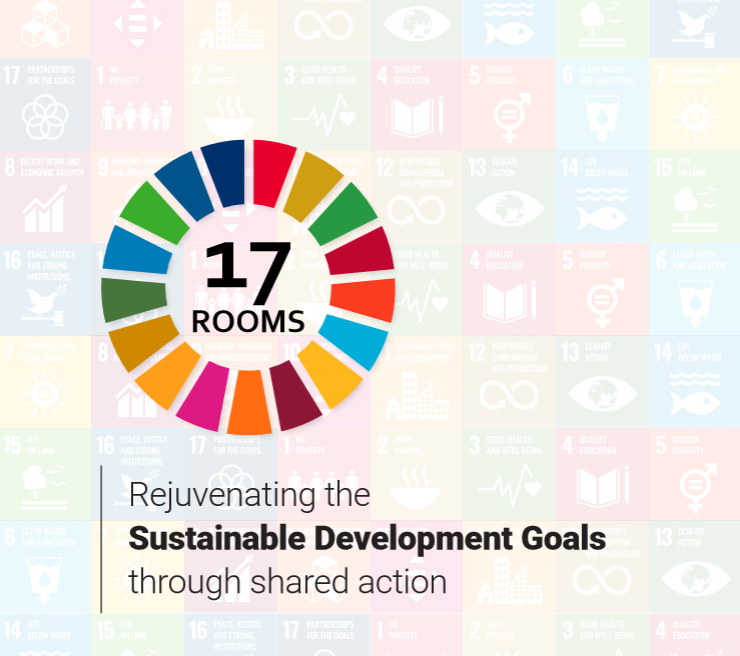
Rm 5 participants write: “The COVID-19 pandemic—which disrupted education, childcare, long-term elder care, and other
services— massively increased women and girls’ responsibility for care-related tasks. In many countries, particularly in the Global South, women’s care work is likely to be compounded by climate-related changes such as increased incidence of food-, water-, and vector-borne diseases, loss of arable land and crop failures, and mental and physical stresses resulting from extreme weather events and associated economic shocks. Local-level conversations about how to address care needs and climate change happen in silos. The Room is exploring how urban planning frameworks—such as the 15-minute city approach, which requires basic services to be accessible to residents within a 15-minute commute by foot, bicycle, or public transit—can help break down these silos by facilitating sustainable, localized, and climate-resilient care infrastructure and services. In 2023, the Room aims to develop a policy and research network to build out its initial ideas and produce a “Top 10 ideas” guidance document for addressing climate and care simultaneously. The document would offer a menu of options that could be tailored to local contexts and eventually be piloted as learning labs in cities around the globe.”

